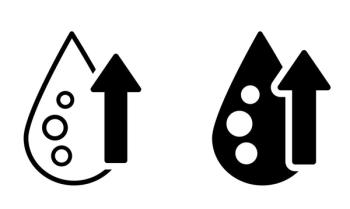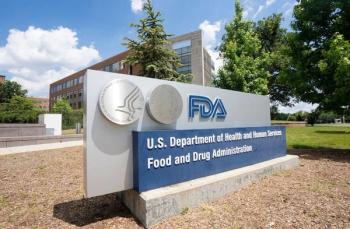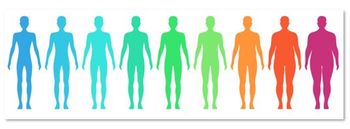
ASE: Statin Therapy Linked to Improved Cardiac Function
SEATTLE -- A year of treatment with the investigational lipid-lowering agent pitavastatin has been associated with less arterial stiffness and better left ventricular function, a Japanese team reported here.
SEATTLE, June 22 -- A year of treatment with the investigational lipid-lowering agent pitavastatin has been associated with less arterial stiffness and better left ventricular function, Japanese investigators reported here.
Total cholesterol and LDL cholesterol both decreased significantly, so lipid-lowering per se cannot be ruled out as a factor in the physiologic improvements, said Yukio Mizuguchi, M.D., of Higashi Tokushima National Hospital, at the American Society of Echocardiography meeting. However, the findings are consistent with other reports of pleiotropic effects of statin drugs.
"The results of this study suggest that stains may directly improve left ventricular myocardial function and, secondarily, improve left ventricular diastolic function by increasing vascular elasticity," said Dr. Mizuguchi. "These results may be important in considering diagnostic and therapeutic strategies aimed at cardiac protection in patients with hypercholesterolemia."
Previous studies have demonstrated that statins have several pleiotropic effects, including anti-inflammatory, immunomodulatory, antithrombotic, and vascular activity. So Dr. Mizuguchi and colleagues sought to determine whether statin-associated pleiotropy might extend to direct effects on the vasculature and ventricular function.
Thirty patients with total cholesterol of 220 mg/dL or more and LDL cholesterols of 140 mg/dL or more were randomized to pitavastatin at 1 to 2 mg/day plus diet and exercise consultation or to diet and exercise alone for 12 months. Carotid ultrasound was performed at baseline and at the end of the study to assess intima-medial thickness and ultrasonic strain imaging to evaluate left-ventricular function.
At the end of the study, total cholesterol had decreased significantly to a mean of 188 mg/dL in the statin group and LDL had decreased to a mean of 126 mg/dL (P
Newsletter
Enhance your clinical practice with the Patient Care newsletter, offering the latest evidence-based guidelines, diagnostic insights, and treatment strategies for primary care physicians.

































































































































